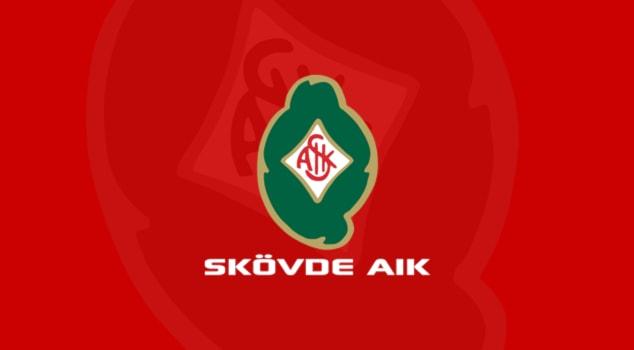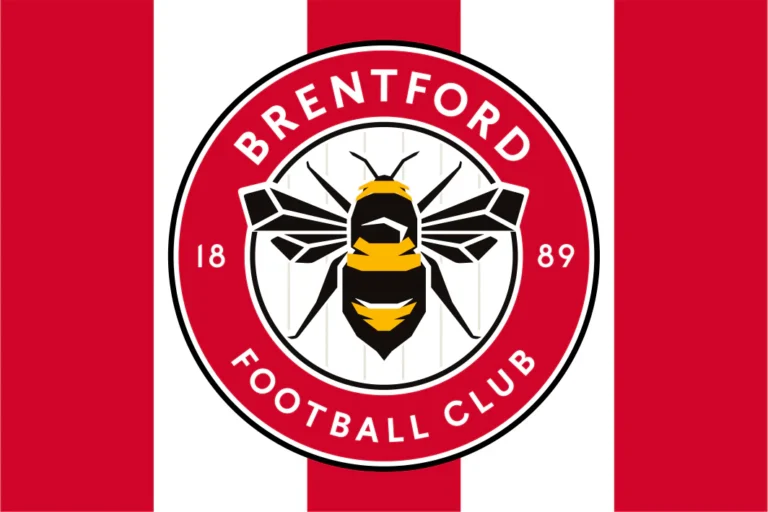Salford City FC, based in Salford, Greater Manchester, has emerged as one of the most intriguing and ambitious clubs in English football. Established in 1945, the club spent decades in non-league football before making a remarkable journey up the English football pyramid. Today, Salford City FC competes in the English Football League Two (EFL League Two), demonstrating a blend of strong local support, strategic investment, and a vision for sustainable growth ok9.
History and Foundation
Salford City Football Club was founded in 1945, initially competing in local leagues and gradually progressing through the ranks of non-league football. For much of its early history, the club operated on a modest scale, primarily relying on local talent and community support. Over time, Salford City became known for its resilience, persistence, and ambition to climb the competitive tiers of English football.
A pivotal moment in the club’s history came in 2014 when a group of high-profile investors, famously known as the “Class of ’92”—including Manchester United legends Gary Neville, Phil Neville, Ryan Giggs, Paul Scholes, and Nicky Butt—acquired the club. Their involvement provided not only financial backing but also a professional structure, aiming to transform Salford City into a competitive and sustainable club capable of reaching the Football League.
Rise Through the Leagues
Since the takeover by the Class of ’92, Salford City FC has achieved remarkable success on the pitch. The club earned promotion from the Northern Premier League to the National League North in 2015 and then to the National League in 2018. These promotions marked the culmination of strategic investments in coaching, player development, and infrastructure, which allowed the club to compete at higher levels consistently.
In 2019, Salford City made history by achieving promotion to the English Football League Two after defeating AFC Fylde in the National League play-off final. This promotion represented a major milestone, as it brought the club into the professional tiers of English football for the first time in its history. The achievement highlighted the club’s rapid rise and ambition to compete with established Football League teams.
Stadium and Facilities
Salford City FC plays its home matches at the Moor Lane Stadium, also known as the Peninsula Stadium for sponsorship reasons. The stadium, with a capacity of around 5,108, combines modern facilities with a community-focused atmosphere. Recent renovations and expansions have ensured compliance with Football League standards, providing fans with a safe, comfortable, and engaging matchday experience link ok9.
The club has also invested in state-of-the-art training facilities and youth development programs. These facilities aim to nurture homegrown talent while attracting ambitious players seeking a platform to showcase their skills at the professional level. By prioritizing infrastructure development, Salford City FC has created a strong foundation for sustained growth and long-term success.
Ownership and Management
The Class of ’92 ownership group has been instrumental in Salford City FC’s transformation. Their experience as professional footballers, combined with a clear vision for club development, has helped the club adopt a professional culture both on and off the pitch. The owners have focused on sustainable growth, investing in coaching, scouting, and youth development to ensure that Salford City can compete at higher levels without compromising its financial stability.
Management at the club has emphasized tactical discipline, player development, and a modern style of football that appeals to fans and attracts attention nationally. Under the guidance of experienced managers and coaching staff, Salford City FC has built a competitive squad capable of challenging for promotion and establishing itself in the English Football League system.
Playing Style and Philosophy
Salford City FC is known for its modern and attacking style of football, reflecting the influence of its owners’ footballing philosophies. The club emphasizes possession-based play, tactical flexibility, and high work-rate, creating a dynamic and entertaining style that resonates with supporters.
Youth development is a core part of the club’s philosophy. By nurturing local talent and providing a pathway to professional football, Salford City FC has positioned itself as a hub for aspiring footballers. The club’s commitment to combining local talent with experienced professionals ensures a balanced squad capable of competing in League Two and aspiring for higher divisions.
Community Engagement
Salford City FC maintains a strong connection with the local community, recognizing that its identity is rooted in the city of Salford. Community programs, outreach initiatives, and youth football development are central to the club’s mission. Through these programs, Salford City FC promotes football participation, healthy lifestyles, and social inclusion, strengthening the bond between the club and its supporters.
The club also encourages fan engagement through matchday experiences, fan events, and social media interactions. By prioritizing community involvement, Salford City FC has cultivated a loyal and passionate fan base that supports the team both at Moor Lane and beyond.
Achievements and Milestones
Despite its relatively short tenure in professional football, Salford City FC has already achieved notable milestones:
-
Promotion to EFL League Two (2019): Marking the club’s first entry into professional football.
-
FA Trophy Final Appearances: Demonstrating competitive success in national cup competitions.
-
Rapid League Ascension: From non-league football to the English Football League in just a few seasons.
These achievements underscore the club’s ambition and highlight its growing reputation in English football circles.
Future Prospects
Salford City FC’s future appears bright. With ambitious owners, modern facilities, a strong community presence, and a competitive squad, the club is well-positioned for continued success. Strategic investment in player recruitment, coaching, and infrastructure suggests that Salford City FC aims to progress through the English football pyramid, potentially targeting promotion to League One in the coming years.
The club’s vision is not only to achieve sporting success but also to maintain sustainable growth. By balancing ambition with financial prudence, Salford City FC is building a model that could serve as an example for other clubs seeking professional advancement without compromising their roots or community ties.
Conclusion
Salford City FC represents a remarkable story of ambition, strategic investment, and community engagement in English football. From its humble beginnings in 1945 to its current status in EFL League Two, the club has demonstrated resilience, vision, and a commitment to sustainable growth. Backed by the Class of ’92, supported by loyal fans, and guided by professional management, Salford City FC is not only a competitive football club but also a symbol of modern football ambition rooted in community values.
For football enthusiasts, investors, and aspiring players, Salford City FC embodies the perfect blend of tradition, ambition, and professional excellence. Its rise through the English football pyramid is a testament to careful planning, strategic investment, and an unwavering commitment to both sporting and community success.
By consistently focusing on player development, infrastructure improvement, and fan engagement, Salford City FC is poised to leave a lasting impact on English football, carving out a legacy that will be remembered for decades to come.



